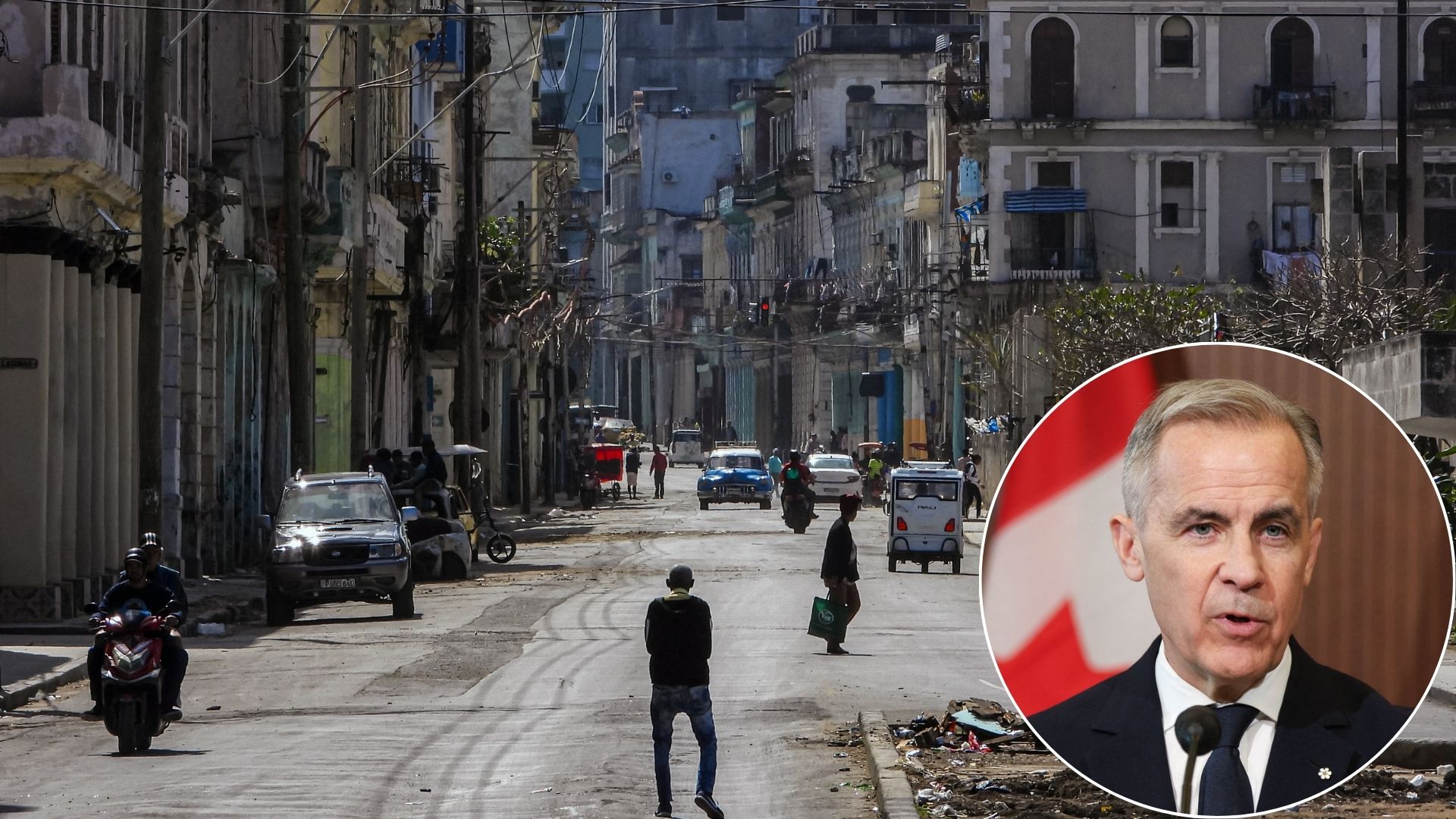
A heat wave has been sweeping across Europe for the past week, with temperatures reaching 40°C and even 46°C. Heat alerts have been issued in many European countries.
A heat dome

An anticyclone, which acts like a dome under which heat accumulates, blocked air circulation and the entry of precipitation over several European countries. This meteorological phenomenon led to a spectacular rise in temperatures, particularly in southern Europe.
Southern Europe hard hit

The most difficult conditions are in France, Italy, Portugal and Spain. The heat is expected to continue until the middle of the week before beginning to diminish across much of the continent, the New York Times reports.
An early heatwave

“What is exceptional – and I emphasize exceptional, but not unprecedented – is the pertime of year,” said Clare Nullis, spokeswoman for the World Meteorological Organization, on Tuesday. “It’s July 1 and we’re seeing episodes of extreme heat that normally occur later”.
1900 schools closed in France

In France, more than 1,900 schools were closed on Tuesday, reports Euro News. Sixteen departments were placed on maximum alert by Météo-France, and sixty-eight others on orange alert.
Closing the top of the Eiffel Tower

The Paris region, in particular, is one of the hardest hit. For this reason, the top of the Eiffel Tower, the city’s famous landmark, will remain closed until Wednesday.
Record heat for seven Portuguese districts

Portugal saw a record temperature for June, with 46.6°C in Mora, according to the national meteorological agency. Seven Portuguese districts also broke their local heat records for June.
A peak of 46°C in Huelva, Andalusia

In Spain, the temperature record for June was broken on Saturday in the city of Huelva, with a peak of 46°C. The national weather service predicts that temperatures will remain high until Thursday.
17 cities on maximum alert in Italy

In Italy, Rome, Milan, Florence and Verona are among the country’s 17 cities on maximum alert.
Europe is warming twice as fast as the rest of the world

According to a report published in 2024 by the European Union’s Copernicus climate change service, Europe is the fastest-rising continent on Earth, warming twice as fast as the global average since the 1980s.
European cities adapt too slowly

This continental heatwave “exposes millions of Europeans to high levels of heat stress”, Samantha Burgess, a climatologist with the European observatory Copernicus, told AFP. In her opinion, the adaptation of cities to heat is progressing, but too slowly.
Seniors on the front line against heatwaves

The impact of the heatwave will take months to assess. Ms. Burgess recalls the heat waves of 2003 and 2022, which were responsible for around 70,000 and 61,000 premature deaths respectively, largely among the elderly.









